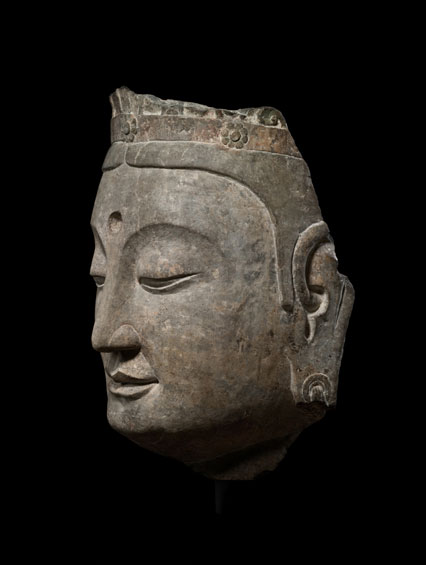“Moving Buddha: The Discovery of Chinese Sculpture,” is the topic of an Ellen Bayard Weedon Lecture in the Arts of Asia. Stanley Abe of Duke University will give the free and public lecture, hosted by The Fralin Museum of Art, on Thursday at 6:30 p.m. in Campbell Hall, room 158.
Until the beginning of the 20th century, Chinese sculpture was not considered to be fine art – in China or elsewhere in the world. Abe’s lecture will focus on how certain kinds of figural objects became valuable antiquities in China as well as fine art in Europe, the United States and Japan.
“Sculpture was ‘discovered’ through the activities of many institutions and individuals, shaped by modern ideas of the nation-state, history, culture and antiquity,” Abe said.
Abe is associate professor in the Department of Art, Art History and Visual Studies at Duke. He earned a Ph.D. from the University of California, Berkeley, and has published on Chinese Buddhist art, contemporary Chinese art, Asian American art, abstract expressionism and the construction of art historical knowledge.
Currently, Abe is writing a critical study about how Chinese sculpture became a category of fine art during the late 19th and early 20th centuries.
The Weedon Lectures are made possible by support from the Ellen Bayard Weedon Foundation. The museum presents four Weedon lectures on South and East Asian art each year.
For information, call 434-243-2050 or e-mail museumoutreach@virginia.edu.
Media Contact
Article Information
April 15, 2013
/content/fralin-museum-art-uva-host-weedon-lecture-chinese-sculpture

